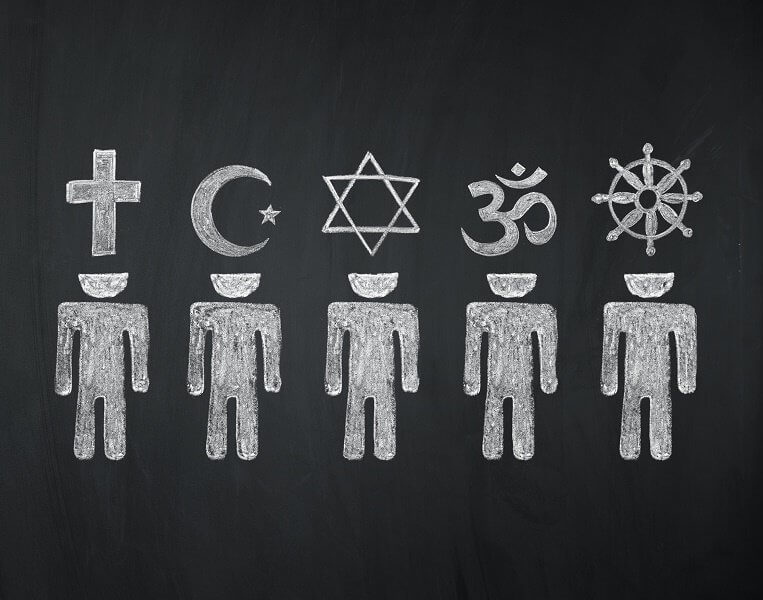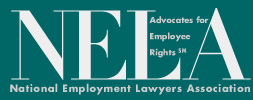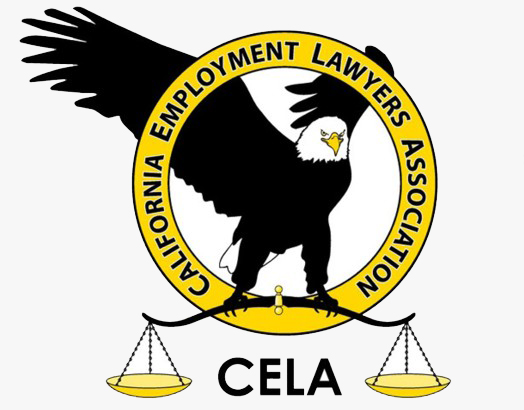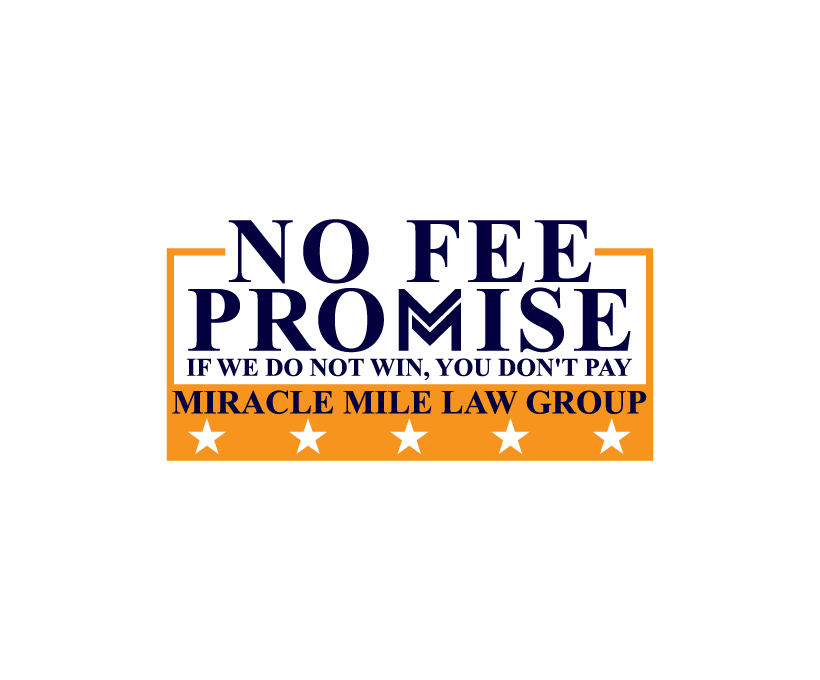Religious Discrimination
This is personal for us. We know the difference between right and wrong and have based our entire careers on reminding others of that distinction.
Los Angeles Religious Discrimination Lawyer

Religious discrimination occurs when an employer treats an employee unfavorably due to his or her religious beliefs. The Fair Employment and Housing Association (FEHA) protects not only people who believe in traditional religions such as Christianity, Catholicism, Judaism, Islam, Hinduism, Buddhism, but also those who have sincere beliefs in religions not listed.
Religious discrimination occurs when an employer treats an employee unfavorably due to his or her religious beliefs. The Fair Employment and Housing Association (FEHA) protects not only people who believe in traditional religions such as Christianity, Catholicism, Judaism, Islam, Hinduism, Buddhism, but also those who have sincere beliefs in religions not listed.
Common Forms of Religious Discrimination in the Workplace
Religious discrimination manifests itself in numerous different ways. However, the law forbids your employer from discriminating against you on the basis of religions in the following forms:
- Hiring: an employer cannot refuse to hire a prospective employee based on his or her actual or perceived religion
- Firing: an employer cannot fire an employee based on his or her religion
- Pay: an employer cannot give demote an employee’s pay based on his or her religion
- Job Assignments: an employer cannot subject an employee to
- Demotions: an employer cannot demote an employee – either in pay, position, or assignments – just based on his or her religion
- Promotions: an employer cannot exclude an employee from promotion considerations just based on his or her religion
- Training: an employee cannot be excluded from training opportunities based on his or her religion
- Benefits: an employee cannot be denied benefits based on his or her religion
- Harassment based on religion: an employer cannot create a hostile work environment or participate in any other forms or harassment (such as retaliation) based on an employee’s religion.
- Any other term or condition of employment
Under the Equal Employment and Opportunities Commission’s (EEOC) guidelines, a private business employer with 15 or more employees who worked for the employer for at least twenty calendar weeks in the year must provide reasonable accommodations to an employee so that they me able to practice their religious beliefs.
This means that unless providing the accommodation would cause more than a minimal burden on the employer, they must provide reasonable adjustments to the employees work religious freedom is upheld. Some examples of reasonable accommodations for religious belief include:
- Allowing an employee to bypass certain dress requirements so that he or she may observe religious dress codes: this includes allowing the use or religious headscarfs (hijabs), skullcaps (yarmulke), or allowing employees to refrain from wearing short skirts
- Alterations to work schedules so that an employee can attend religious ceremonies, gathering, or similar
- Allowing an employee to be excused from meetings where certain religious invocations occur
- An employee needs a break from his or her work schedule to pray
- An employee needs a day off from work to observe certain religious holidays, such as Sabbath
California’s Fair Employment and Housing Association (FEHA) is similar to the EEOC in upholding religious freedom, however, the requirements apply to employer’s with 5 or more employees.
A statute of limitations refers to the amount of time you have to file a lawsuit in a court of law. If you do not file within the time permitted of a statute of limitation, then you lose the chance to recover for your damages. Wrongful termination lawsuits have a statute of limitations.
If you are suing for religious discrimination, you have 180 days from the date of last discriminatory act to obtain a right-to-sue letter from the Equal Employment Opportunity Commission (EEOC). After this you have 90 days to file suit in a court of law. On the other hand, the Department of Fair Employment and Housing (DFEH) gives you one year from date of last discriminatory act to obtain a right-to-sue letter. After obtaining the right-to-sue letter, the DFEH gives you another to file a lawsuit in State court. Therefore, your wrongful termination case is time sensitive, so you must act fast in contact a lawyer to preserve your rights.
HAVING A RELIGIOUS DISCRIMINATION LAWYER BY YOUR SIDE GREATLY INCREASES THE CHANCE FOR RECOVERY.
Talk to a Los Angeles Religious Discrimination Lawyer today. We offer free consultations and you pay nothing unless we win.
The religious discrimination lawyers at Miracle Mile Law Group are specially trained in handling religious discrimination lawsuits. If you believe you have been wrongfully terminated or discriminated against because of your religion, contact a Los Angeles Religious Discrimination Lawyer today. These cases are very time sensitive so give us a call at (888) 244-0706 or contact us online for a FREE case evaluation. Remember, we do not take a single dollar unless WE WIN!
Miracle Mile Law Group
3460 Wilshire Blvd. Suite 1210
Los Angeles CA 90010
Tel: (888) 244-0706




